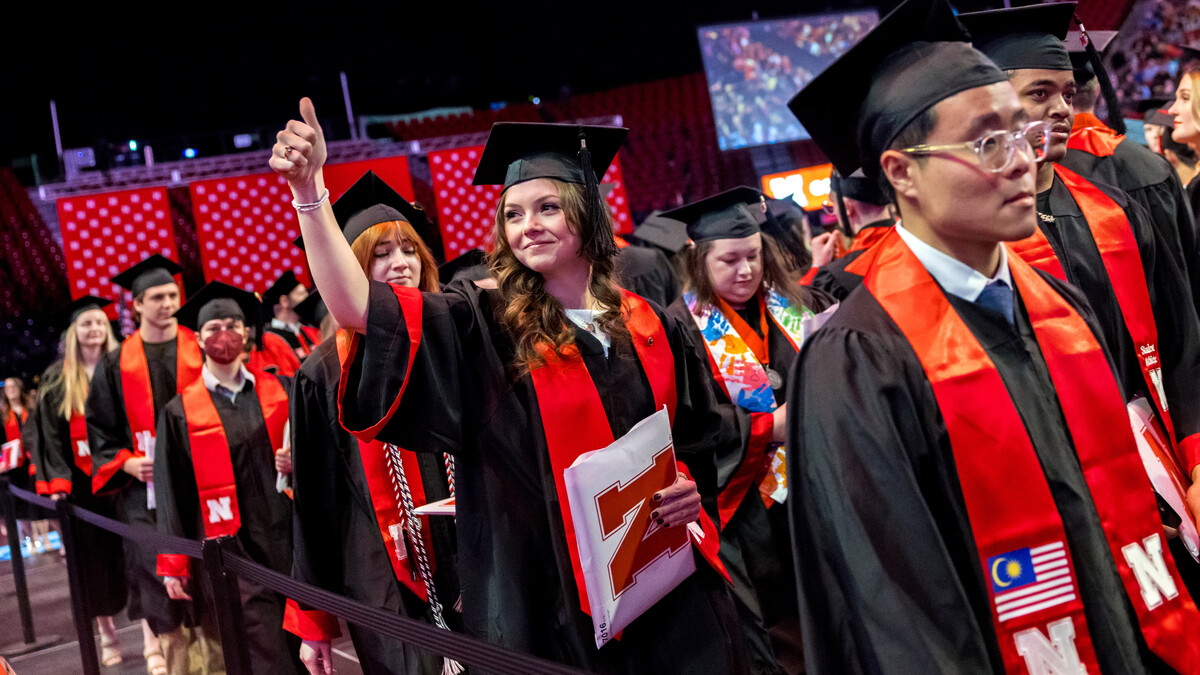
The final Paul A. Olson Seminar in Great Plains Studies of the semester will focus on how the climate surrounding immigration has changed over time and how that affects immigration reform.
Miguel Carranza, professor of Latina/Latino studies and sociology and director of the Latina/Latino studies program at the University of Missouri-Kansas City, will give a talk titled “Potholes and Sinkholes on the Road to Immigration Reform.” The lecture is 3:30 p.m. Wednesday in the Great Plains Art Museum, 1155 Q St. The event is free and open to the public.
“The arrival of ‘newcomers’ from other countries has happened since the earliest days of settling the U.S. These newcomers – immigrants – have come to flee persecution and poverty in their own countries in hopes of making something of themselves and something for their families,” Carranza said. “Immigrants have frequently had the challenge of entering the lowest rung of the socio-economic ladder and having to prove their worth in order to achieve the ‘American Dream’ and become an integral part of our society.”
The presentation will focus on how the climate has changed over time for immigrants and their perceived value to society. This climate has an impact, Carranza said, not only on national borders and shores but throughout the country, including the Midwest and Great Plains regions. And the factors that influence this environmental shift have a great deal to do with any success in achieving immigration reform, he said.
“Immigration to the U.S. has always provided multiple challenges to our society. Yet, at the same time, the flow of immigrants into our country has also served as a catalyst for positive changes,” Carranza said. “If real immigration reform is to occur we, as a country, must understand the complexity of the issues and the multiple levels where immigration has had a profound impact and will continue to do so in the future.”
The lecture will be live streamed online at https://connect.unl.edu/gpc-olson and the recording will be posted on the Center for Great Plains Studies website: http://www.unl.edu/plains.







